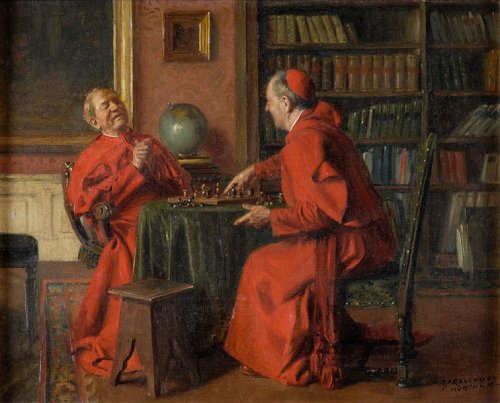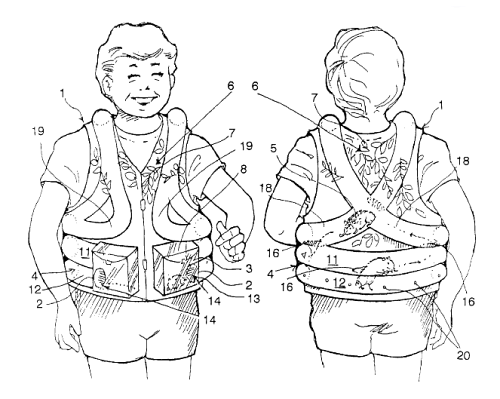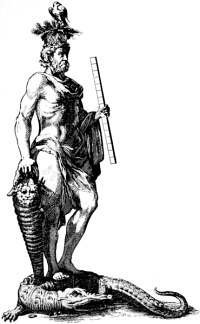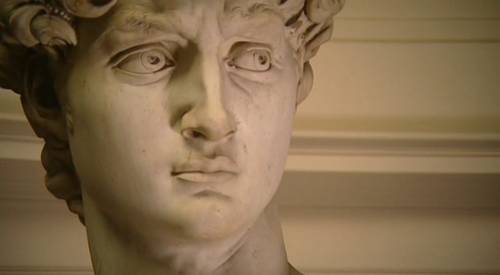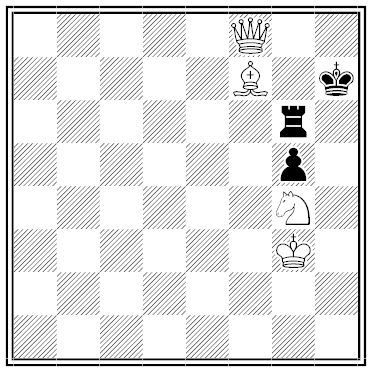Men were never perfect; yet the three brethren Veres were ever esteemed, respected, revered, even when the rest, whether the select few, whether the mere herd, were left neglected.
The eldest’s vessels seek the deep, stem the element, get pence; the keen Peter, when free, wedded Hester Green,–the slender, stern, severe, erect Hester Green. The next, clever Ned, less dependent, wedded sweet Ellen Heber. Stephen, ere he met the gentle Eve, never felt tenderness; he kept kennels, bred steeds, rested where the deer fed, went where green trees, where fresh breezes greeted sleep. There he met the meek, the gentle Eve; she tended her sheep, she ever neglected self; she never heeded pelf, yet she heeded the shepherds even less. Nevertheless, her cheek reddened when she met Stephen; yet decent reserve, meek respect, tempered her speech, even when she shewed tenderness. Stephen felt the sweet effect: he felt he erred when he fled the sex, yet felt he defenceless when Eve seemed tender. She, he reflects, never deserved neglect; she never vented spleen; he esteems her gentleness, her endless deserts; he reverences her steps; he greets her:
‘Tell me whence these meek, these gentle sheep,–whence the yet meeker, the gentler shepherdess?’
‘Well bred, we were eke better fed, ere we went where reckless men seek fleeces. There we were fleeced. Need then rendered me shepherdess, need renders me sempstress. See me tend the sheep, see me sew the wretched shreds. Eve’s need preserves the steers, preserves the sheep; Eve’s needle mends her dresses, hems her sheets; Eve feeds the geese; Eve preserves the cheese.’
Her speech melted Stephen, yet he nevertheless esteems, reveres her. He bent the knee where her feet pressed the green; he blessed, he begged, he pressed her.
‘Sweet, sweet Eve, let me wed thee; be led where Hester Green, where Ellen Heber, where the brethren Vere dwell. Free cheer greets thee there; Ellen’s glees sweeten the refreshment; there severer Hester’s decent reserve checks heedless jests. Be led there, sweet Eve!”
“Never! we well remember the Seer. We went where he dwells — we entered the cell — we begged the decree,–
Where, whenever, when, ’twere well
Eve be wedded? Eld Seer, tell.
He rendered the decree; see here the sentence decreed!” Then she presented Stephen the Seer’s decree. The verses were these:
Ere the green reed be red,
Sweet Eve, be never wed;
Ere be green the red cheek,
Never wed thee, Eve meek.
The terms perplexed Stephen, yet he jeered the terms; he resented the senseless credence, ‘Seers never err.’ Then he repented, knelt, wheedled, wept. Eve sees Stephen kneel; she relents, yet frets when she remembers the Seer’s decree. Her dress redeems her. These were the events:
Her well-kempt tresses fell; sedges, reeds, bedecked them. The reeds fell, the edges met her cheeks; her cheeks bled. She presses the green sedge where her cheek bleeds. Red then bedewed the green reed, the green reed then speckled her red cheek. The red cheek seems green, the green reed seems red. These were e’en the terms the Eld Seer decreed Stephen Vere.
Here endeth the Legend.

